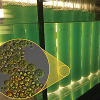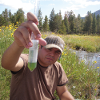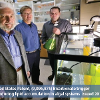Biofuels

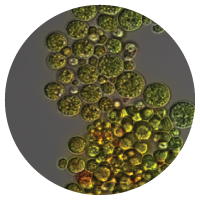
A significant fraction of energy research at MSU is focused on biofuels. Biofuels, such as biodiesel and ethanol, are derived from grains, seeds, and other biological matter. Theoretically, burning biofuels rather than fossil fuels contributes less carbon to the atmosphere because the plants used to produce the biofuel absorbed carbon from the air during their lives. MSU's research aims at making biofuels more efficient and cost effective from both the industrial and agricultural points of view.
Agricultural biofuel research at MSU focuses on the understanding of genetic and biochemical factors that control fatty acid and lipid biosynthesis in oilseed plants for fuel production and for value added products such as biolubricants and bioplastics.
Researchers at MSU are also studying how oils extracted from algae can be turned into biodiesel. This research focuses on getting algae to produce more oil and finding the most efficient ways to grow them for harvesting. The benefits of using algae is that algae has higher lipid production per acre than traditional crops and it can be grown in low quality water that isn't useable for agriculture.
Researchers
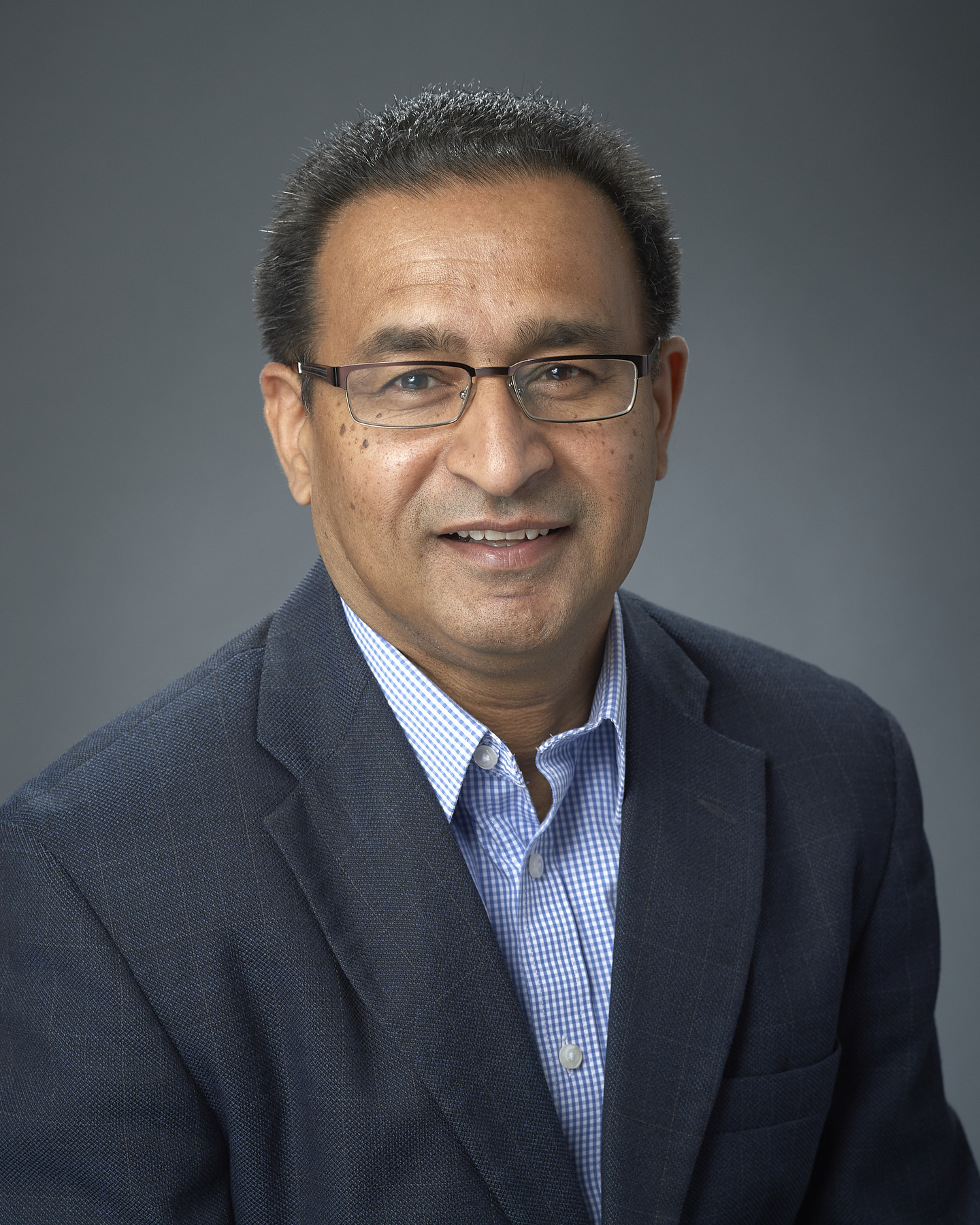
Dr. Dilpreet Bajwa is a Professor and Head of the Mechanical and Industrial Engineering Department. Prior to joining the academia, he worked in the engineered fiber/polymer composites industry (International Paper, Masonite Corp., Greenland Composites) for 12 yrs. in various Research and Development leadership roles. Before joining MSU he was Professor at North Dakota State University and served as an Adjunct Professor in the Department of Agriculture and Biological Engineering at the University of Arkansas, Fayetteville, AR. He graduated from University of Illinois at Urbana-Champaign with M.S and Ph.D. in Wood Science and Engineering. His current professional interests include development of novel sustainable, multifunctional materials from renewable feedstocks and agricultural byproducts, nanocellulosic materials for developing safe fire-retardant systems and thermochemical energy storage materials, solid biofuels, processing and characterization of carbon and natural fiber composites. He is an Editor-in-Chief of Industrial Crops and Products Journal. His research is funded by USDA, NIST, DOE and US Army. Dr. Bajwa has authored over 91 peer-reviewed papers, technical articles in various journals, books and holds a patent.
Dr. Bajwa can be reached at 406-994-6783 or dilpreet.bajwa@montana.edu.
Website: https://www.montana.edu/mie/directory/2216563/dilpreet-bajwa
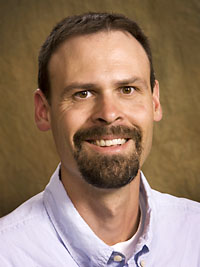
Matthew Fields is a professor in the Microbiology and Immunology Department, the director of the Center for Biofilm Engineering, and a Biofilm Physiology & Ecology Team Leader. In the area of biofuels, he studies eukaryotic photoautotrophs in terms of the accumulation of biomass and lipids as well as the recycling of water and nutrients. In the area of subsurface hydrocarbons, he studies the biogenic conversion of coal to natural gas.
Dr. Fields can be reached at (406) 994-7340 or matthew.fields@montana.edu.
Website: http://www.biofilm.montana.edu/people/faculty/fields-matthew.html
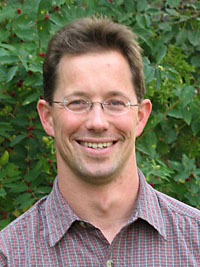
Robin Gerlach is a professor in Center for Biofilm Engineering (CBE), Energy Research Institute (ERI), Thermal Biology Institute (TBI), and the Montana Institute on Ecosystems (IoE) at MSU. His research focuses on the development of microbial biofilm technologies for beneficial purposes, including microbially enhanced carbon sequestration at geologic CO 2 injection sites, microbially enhanced coal bed methane production, and phototrophic biotechnology including algal biofuels.
Dr. Gerlach can be reached at 406-994-1840 or robin_g@montana.edu.
Website: http://www.biofilm.montana.edu/people/faculty/gerlach-robin.html
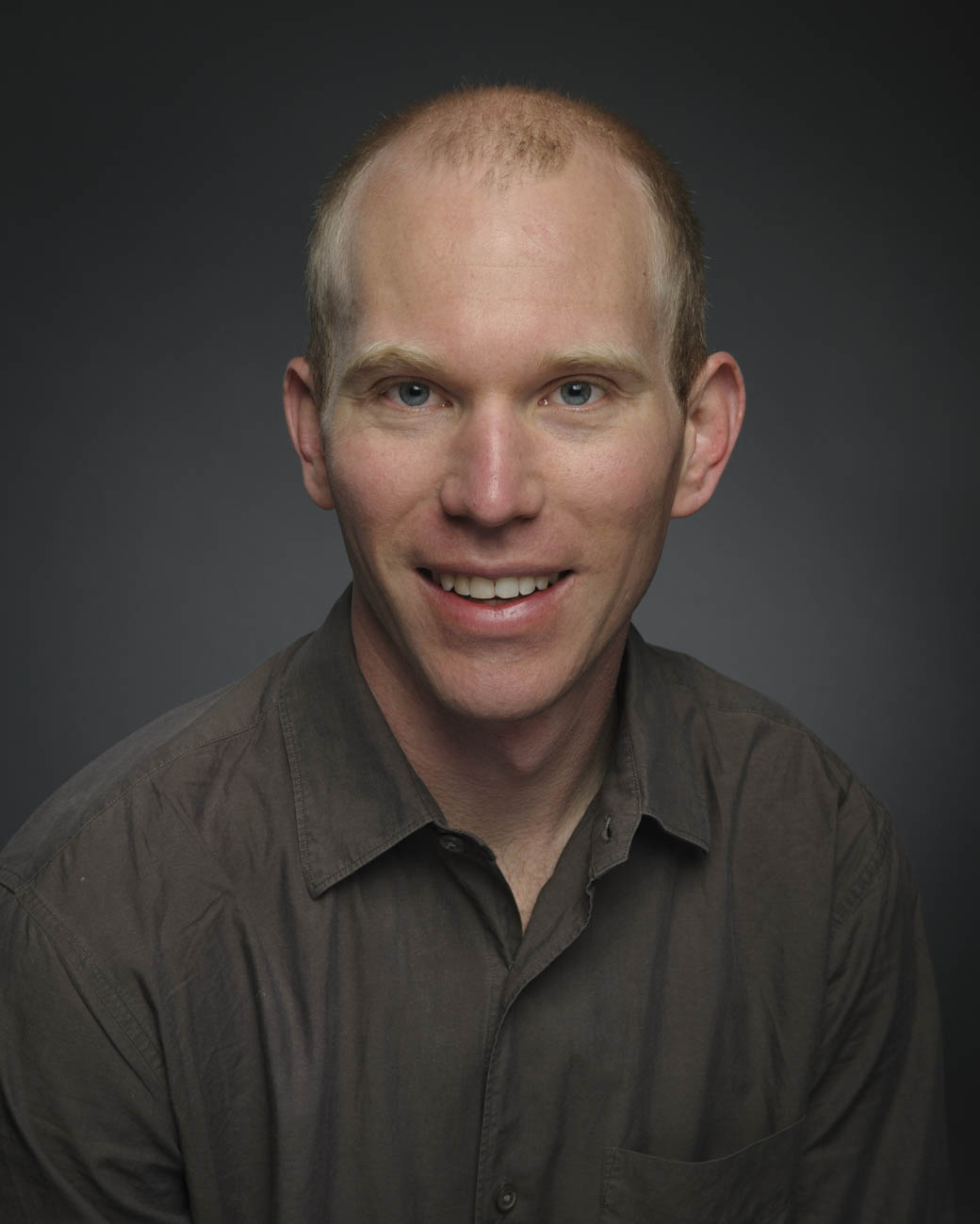
Mark Owkes is an assistant professor in the Mechanical and Industrial Engineering Department. He develops computational fluid dynamic (CFD) methods and applies to many gas-liquid multiphase flows including proton-exchange membrane (PEM) fuel cells and the atomization of bio-fuels. The high fidelity CFD simulations are run on thousands of compute cores and provide a large amount of data. This data can provide insight into the phenomenological processes of the flow and lead to discoveries that improve the efficiency of engineering devices.
Dr. Owkes can be reached at 406-994-6300 or at mark.owkes@montana.edu.
Website: http://www.montana.edu/mowkes/
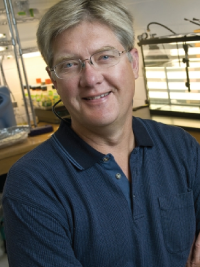
Brent Peyton is a professor in the Chemical and Biological Engineering Department. He is also the Director of the Thermal Biology Institute at Montana State University, and on the Executive Board of the NSF Center for Biofilm Engineering. With 27 years of experience with biological systems, his research is focused on characterizing microorganisms and microbial processes to solve problems in natural and engineered systems, including development of biofuels and bioremediation systems. Dr. Peyton has authored and co-authored 108 peer-reviewed publications and holds five patents in applications of environmental biotechnology.
Dr. Peyton can be reached at (406) 994-7419 or bpeyton@montana.edu.
Website: www.chbe.montana.edu/BPeyton/
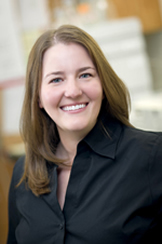
Dr. Stephanie Wettstein is an assistant professor in Chemical & Biological Engineering Department. The overall goal of Dr. Wettstein's research is to increase the sustainability of biofuels and chemicals produced from lignocellulosic biomass by improving processing methods, increasing reaction rates, and increasing the yields of biomass carbon that is converted into biofuels and chemicals. This includes developing novel, high yield biomass deconstruction methods, improved biomass conversion processes to increase catalyst stability, and separation methods using zeolite membranes.
Dr. Wettstein can be reached at 406-994-5928 or stephanie.wettstein@montana.edu.
Website: http://www.chbe.montana.edu/staff/wettstein/index.html

